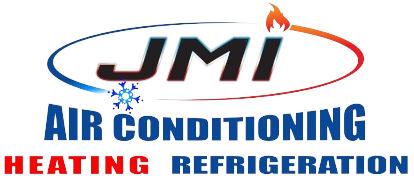When most people think of air conditioning, they picture the unit that cools their home. However, commercial air conditioning is a whole other world. Businesses, offices, and industrial buildings have particular requirements that exceed what a standard residential system can provide.

Understanding these differences can help you make more informed decisions about comfort, efficiency, and long-term expenses when it comes to your commercial air conditioning needs.
- Scale and Capacity: The most obvious distinctions are scale and capacity. Residential systems are meant to cool smaller spaces, such as a single-family home or apartment. Commercial air conditioning, on the other hand, needs to regulate temperatures in large spaces, such as multi-story office buildings, warehouses, and retail stores. This demands substantially more electricity and frequently requires sophisticated designs.
- Design Flexibility: Another difference is the degree of design flexibility. Residential air conditioning is usually a single device that circulates air throughout the house. Commercial systems, on the other hand, frequently incorporate numerous zones, allowing different parts of a building to be cooled at different temperatures. This is essential for many facilities because one area may contain heat-generating equipment while another functions as an office space.
- Maintenance Requirements: While a homeowner can plan annual service for a residential unit, commercial air conditioning systems may require more frequent maintenance to avoid costly downtime due to their size, complexity, and consistent use.
- Affordability and Efficiency: While commercial air conditioning systems require a bigger initial investment, they may be configured to increase efficiency over time, lowering energy costs for businesses that run the system on a regular basis.
